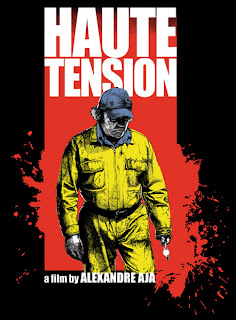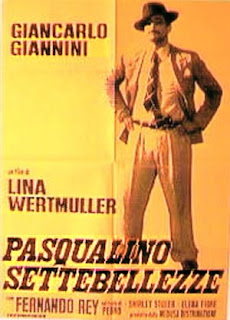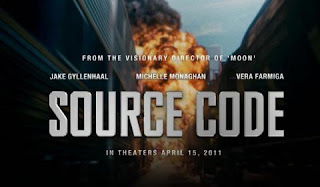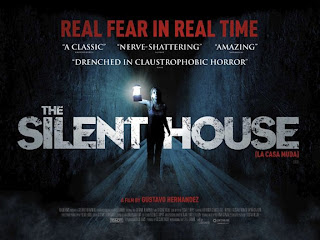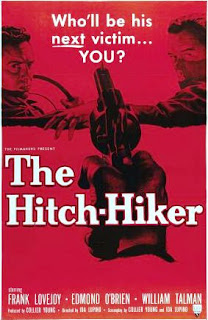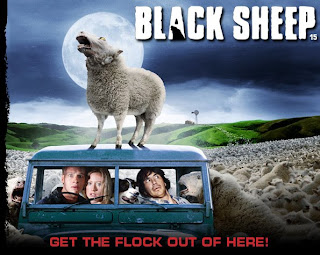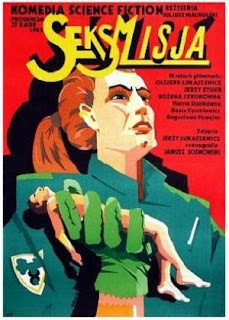AFED #111: Shào Lín sān shí liù fáng [The 36th Chamber of Shaolin] (Hong Kong, 1978); Dir. Liu Ch-Liang; Tian xia di yi quan [aka King Boxer, aka Five Fingers of Death] (Hong Kong, 1972); Dir. Cheng Chang Ho
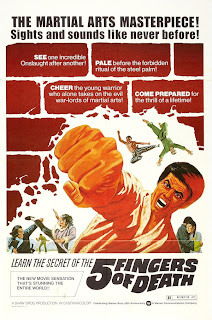
Martial arts film are, it must be confessed, something of a blank area for me. Many years ago I recall being challenged by a friend when I suggested that Enter the Dragon was the best of this genre ever made. "You've never seen any others though," he pointed out. It's true, and until now I haven't made any attempt to redress this. So let's start with a double bill produced by Hong Kong's most famous studio, the redoubtable Shaw Brothers. The name is synonymous with Kung Fu and martial arts cinema, almost representing a genre within the genre, cranking out dozens of films a year during their heyday in the seventies. Modelled on the old Hollywood studio system, right down to the company logo (imitating that of Warners'), the company kept a stable of stars and directors under exclusive contract. It worked highly effectively although as the decade progressed Shaw would be eclipsed by a rough-and-ready rival, Golden Harvest, who launched the careers of

